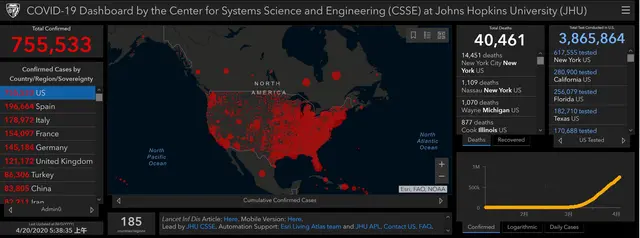By APD Writer Chu Yin and Tao Xing
On July 28, Pakistani Prime Minister Nawaz Sharif quit as prime minister after the Supreme Court disqualified him over corruption charges. It is the third time Sharif quits as prime minister. Compared with being forced into exile after the second resignation, the current situation goes much better.
Sharif was born into a distinguished family, which runs the Iron and steel business. By virtue of strong family background and strong political awareness, Sharif, at the age of 36, became the Chief Minister of Punjab Province, the second largest province of Pakistan. Thus, Sharif and his Pakistan Muslim League--Nawaz Sharif (PML-NS) gradually become a dominant political force in Pakistan.
But things did not always go well. The Pakistan People's Party (PPP) led by the Bhutto family has always been a strongest rival of Sharif’s, and the two parties have been feuding for decades.
From 1990 to 1993, Sharif had served as the Prime Minister for the first time. During his tenure, Sharif developed serious differences with conservative president Ghulam Ishaq Khan, who dissolved the National Assembly using his reserve powers in April 1993. In July, Sharif resigned under pressure from the army but made a settlement that resulted in the removal of Khan as well. In October, Benazir Bhutto was elected prime minister again.
Sharif's second term from 1997 to 1999 also saw tussles with the judiciary and the military. Sharif forcibly relieved General Karamat from command and replaced him with Musharraf in 1998. However, the Kargil War led to a deterioration of his relations with Musharraf. When he attempted to relieve Musharraf from his command on 12 October 1999, the military instead ousted Sharif's government and exiled him to Saudi Arabia.
In 2007, Sharif came back with the permission of Supreme Court and teamed up with the PPP to force Musharraf out of office. However, Benazir Bhutto was killed that year which led to Musharraf’s quit the next year because of the pressure that accused of relating to the murder.
After the election in 2013, Pakistan Muslim League-Nawaz Sharif became the largest party in the parliament. Therefore, Sharif became prime minister again and staged a comeback after 14 years.
Sharif’s third term lasted 4 years, the longest time in office. Some say his business family background and great power in hand may breed corruption in Pakistan like the situation in many other countries. However, this quit may be the result of political struggle by Bhutto family’s PPP and military opponents in the name of anti-corruption.
However, the PML-N still occupies 209-seat majority in the 342-seat Parliament. Sharif is still the leader of the party and can determine who will be elected as the new prime minister. It’s said his younger brother would be the new one. For the moment,
the political instability in the country is almost impossible.
As for corruption charges, the outgoing Sharif can avoid of being charged while retaining his political influence. When the time is ripe, it is much easier to retrieve the position of prime minister than he did in the first two times
We should not worry about China-Pakistan relations because of mutual trust, extensive cooperation and interdependence in geopolitics. The bilateral ties will be stable as usual, no matter which party will hold power.
(ASIA PACIFIC DAILY)
 简体中文
简体中文

